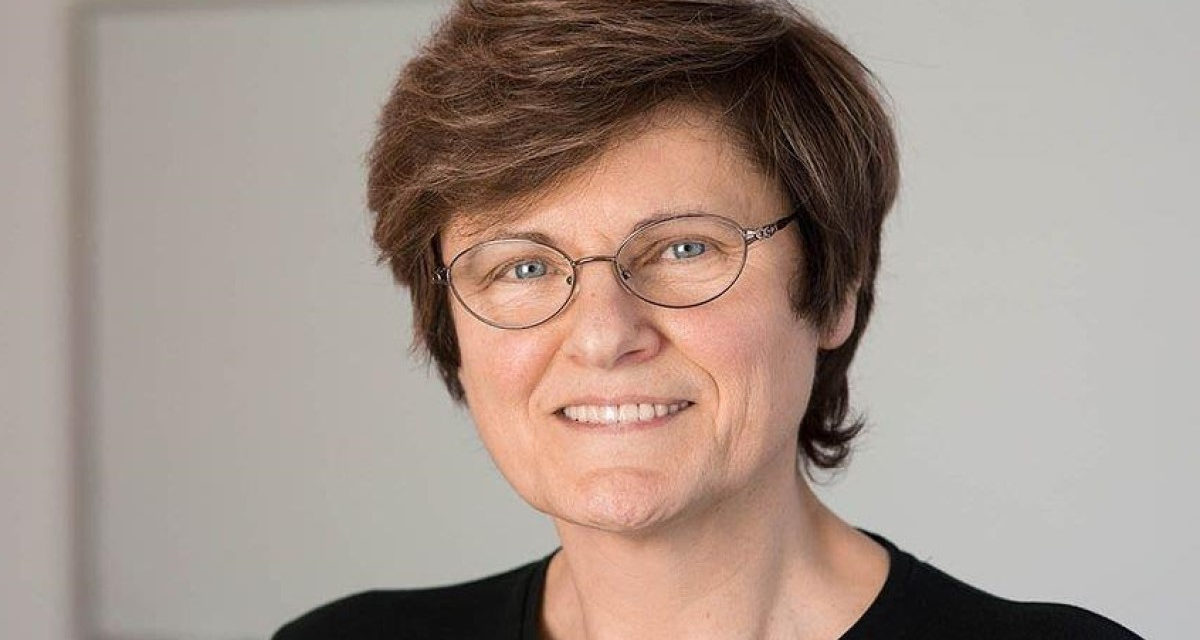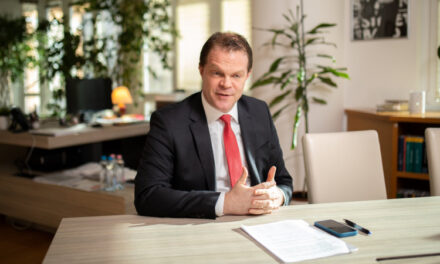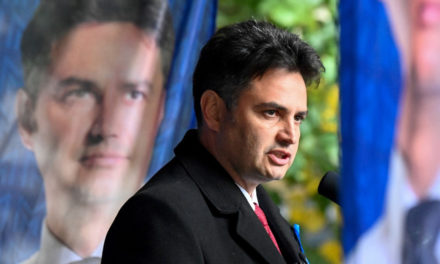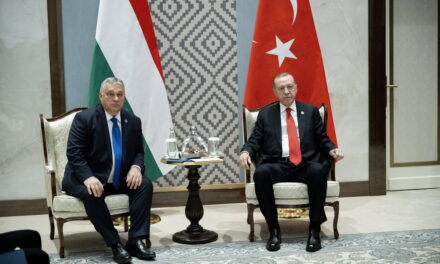The global epidemiologic analysis and forecasting center of the UN public health specialized body, the World Health Organization (WHO), was opened in Berlin, which was created as a lesson learned from the coronavirus pandemic.
At the opening of the WHO Hub for Pandemic and Epidemic Intelligence, German Chancellor Angela Merkel emphasized: the coronavirus pandemic has shown how important an organization the WHO is as a global public health authority.
However, the quality of its work is determined by the support of UN member states. "The WHO can only be as good as its member states," he said. The German Minister of Health, Jens Spahn, made a similar statement, emphasizing the importance of trust and calling on China to make the investigations into the origin of the new coronavirus transparent for the international community.
The new WHO center is supported by the German government with 30 million euros per year. The institution's task is to collect and analyze the widest possible range of data related to the risk of epidemics - including animal health, climate change and demography - in order to improve prevention and control. In the center, they try to predict dangers as early as possible by bringing together the results and practitioners of many disciplines, such as data science and medicine.
It is necessary to achieve that "we are better prepared for future epidemics and pandemics", said Angela Merkel, adding that global scientific cooperation is essential for this.
The chancellor expressed his appreciation for the work of Katalin Karikó, one of the event's guests of honor, one of the first vaccines to protect against the disease caused by the coronavirus, who is world-famous for developing the mechanism of action of the vaccine developed in collaboration with the German BioNTech and the American Pfizer. According to Angela Merkel, the life journey of the Hungarian scientist involved in the development of BionTech and Pfizer's vaccine is impressive. Katalin Karikó emphasized at the event with the participation of the Director General of the WHO, Tedrosz Adhanom Gebrejeszusz, among others, that the new institute can also play an important role in the direct dialogue between experts and researchers. As he said, the closures due to the epidemic also showed that personal relationships and meetings are also essential for scientific work.
Source: MTI












